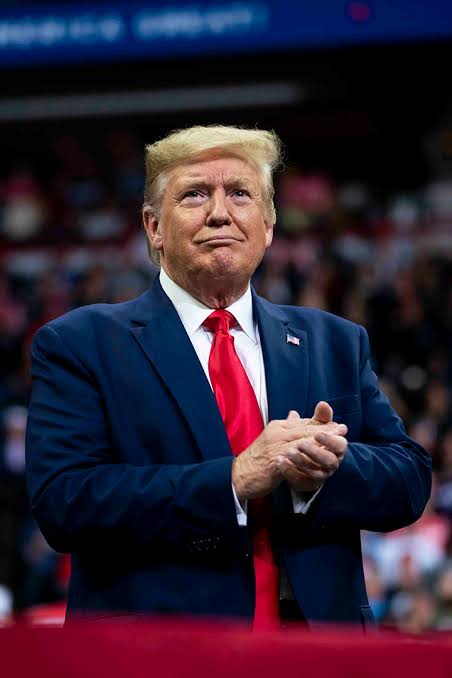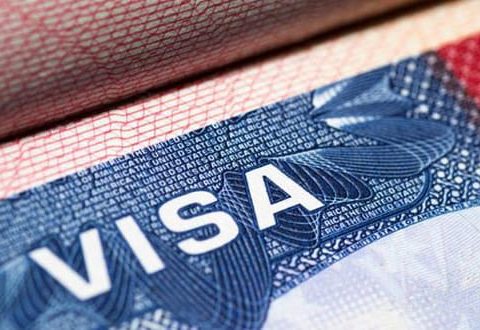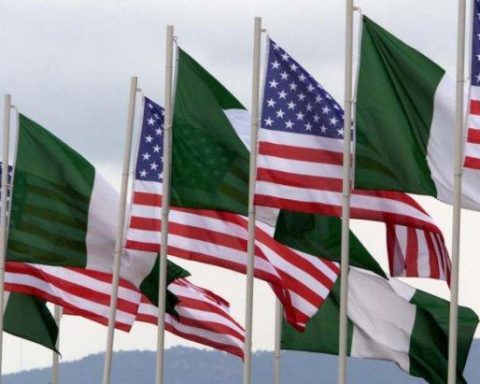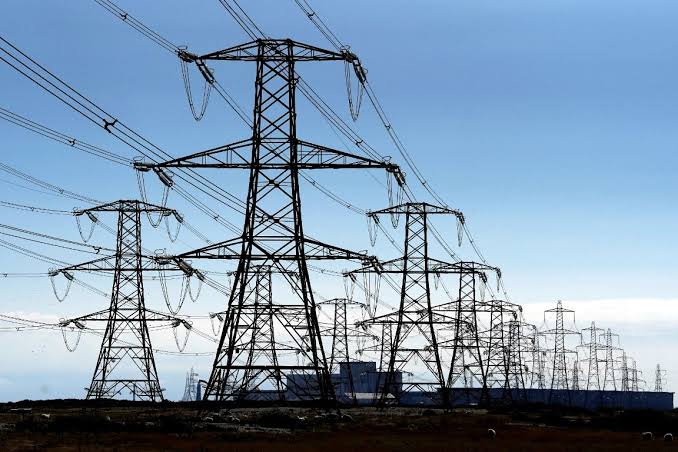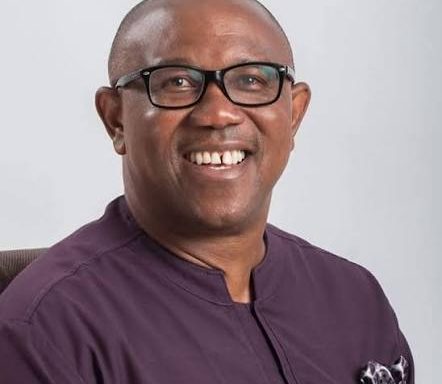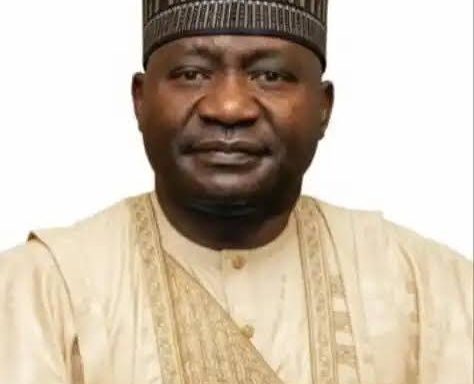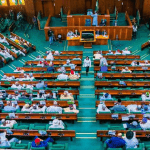The United States has announced a sweeping change to its H-1B visa program, requiring employers to pay a minimum annual salary of $100,000 for each foreign worker.
The new rule, signed on Friday, by President Donald Trump, represents one of the most significant reforms in the program’s history and is expected to reshape global migration patterns for skilled professionals including Nigerians seeking to work in the U.S.
The H-1B visa allows U.S. companies to hire foreign workers in specialized occupations such as information technology, engineering, healthcare, and research. Until now, wage requirements varied by location and job classification, with many positions paying well below the new six-figure benchmark.
Join our WhatsApp ChannelThe U.S. government says the policy is intended to protect American workers by preventing wage suppression and ensuring that only the most highly skilled candidates qualify for sponsorship.
For Nigerians, the implications are profound. Thousands of professionals from software engineers to doctors and oil-and-gas specialists have traditionally relied on H-1B visas to advance their careers in the United States. Under the new rule, only candidates with the qualifications and experience to command $100,000 salaries will realistically be considered.
READ ALSO: JAPA: 150,000 Nigerians Applied For US Visa In 2023
Nigerians Seeking Visas Must Submit Five Years of Social Media History – US Embassy
Mid-level professionals who previously qualified with salaries between $60,000 and $80,000 may now be locked out, while recent graduates will find the path nearly impossible without years of experience to reach the threshold.
Some Nigerians already working in the U.S. view the change as a mixed blessing. A Lagos-born developer in Texas said the higher salary “validates the value of those already here,” while a Nigerian graduate student said the policy is “discouraging” for newcomers who hoped to transition to an H-1B role after school.
The rule also creates new pressures for U.S. employers, who must weigh whether the benefits of hiring foreign talent justify the higher cost. Analysts predict that sponsorships will be reserved for senior roles, reducing opportunities for entry-level hiring and potentially leaving gaps in industries already struggling to find qualified workers.
For Nigeria, the change could slow the “Japa” migration trend by making U.S. opportunities harder to access. That may help local industries retain talent but also puts pressure on the government to improve salaries and working conditions to keep skilled professionals at home.
At the same time, alternative destinations such as Canada, the United Kingdom, and Germany. countries with more accessible visa pathways are expected to see increased interest from Nigerian professionals shut out of the U.S. market.
The $100,000 salary requirement raises the bar for Nigerian workers aiming for U.S. careers, forcing many to upskill or pivot to other countries. While those who qualify stand to earn more and enjoy greater job security, the policy will narrow access to America’s tech and healthcare sectors and may accelerate brain drain to more welcoming destinations.
For both Nigerian talent and U.S. employers, the era of relatively easy H-1B sponsorship is over, and global competition for high-level expertise is set to intensify.
Amanze Chinonye is a Staff Correspondent at Prime Business Africa, a rising star in the literary world, weaving captivating stories that transport readers to the vibrant landscapes of Nigeria and the rest of Africa. With a unique voice that blends with the newspaper's tradition and style, Chinonye's writing is a masterful exploration of the human condition, delving into themes of identity, culture, and social justice. Through her words, Chinonye paints vivid portraits of everyday African life, from the bustling markets of Nigeria's Lagos to the quiet villages of South Africa's countryside . With a keen eye for detail and a deep understanding of the complexities of Nigerian society, Chinonye's writing is both a testament to the country's rich cultural heritage and a powerful call to action for a brighter future. As a writer, Chinonye is a true storyteller, using her dexterity to educate, inspire, and uplift readers around the world.


